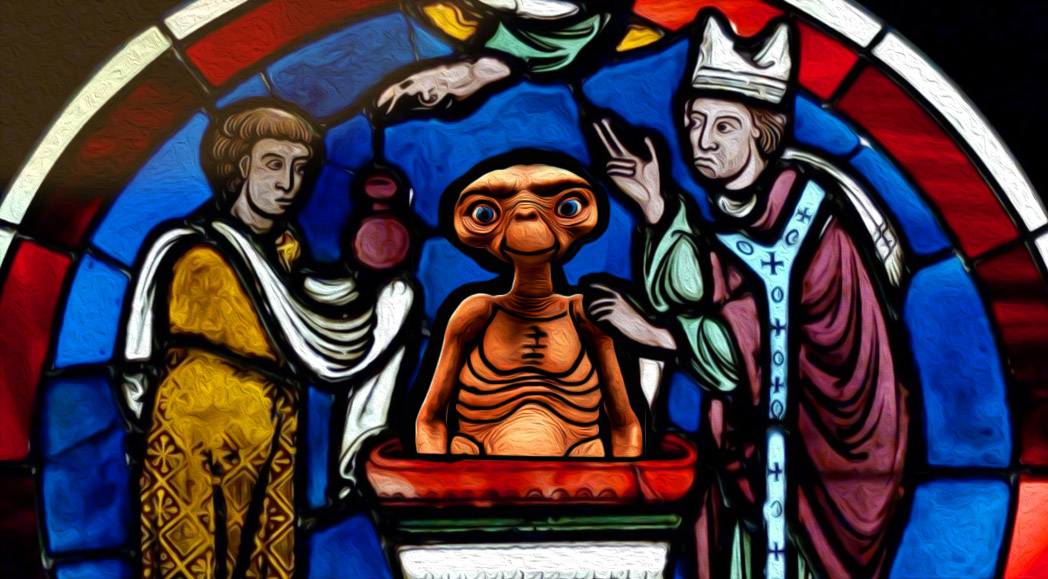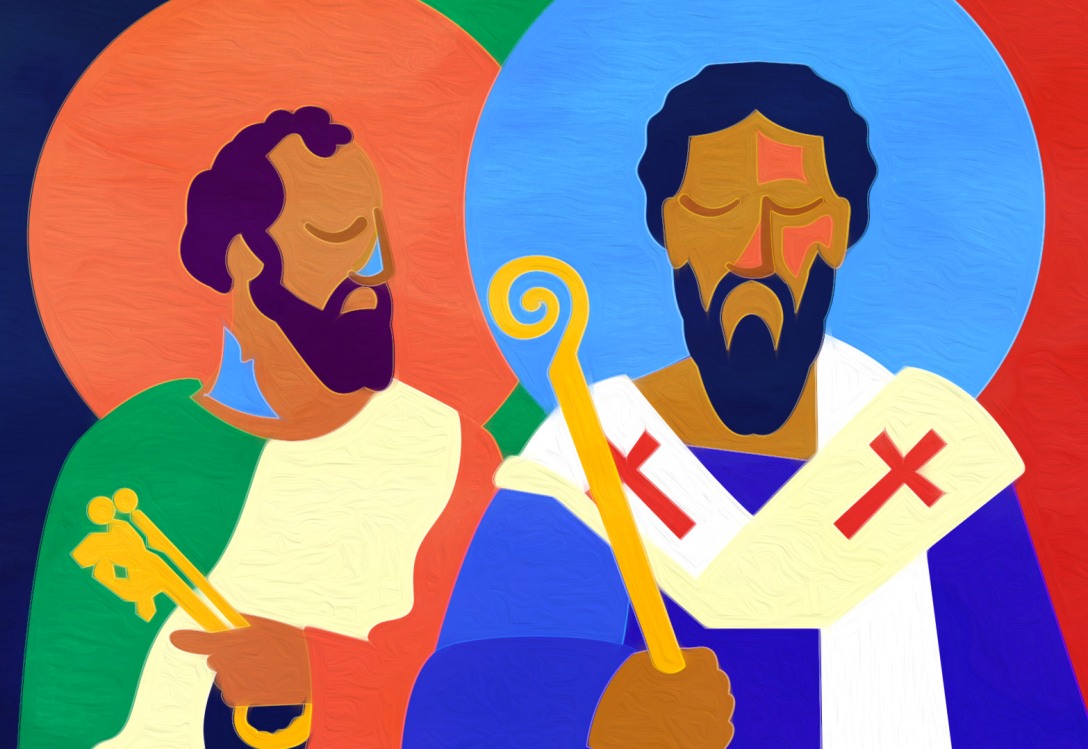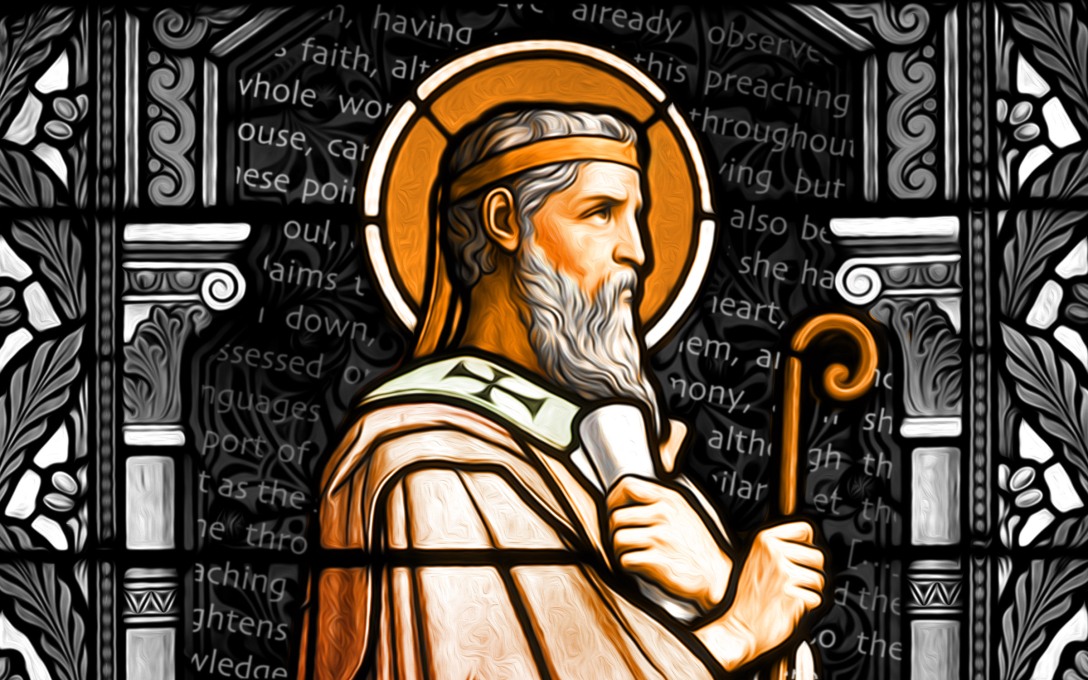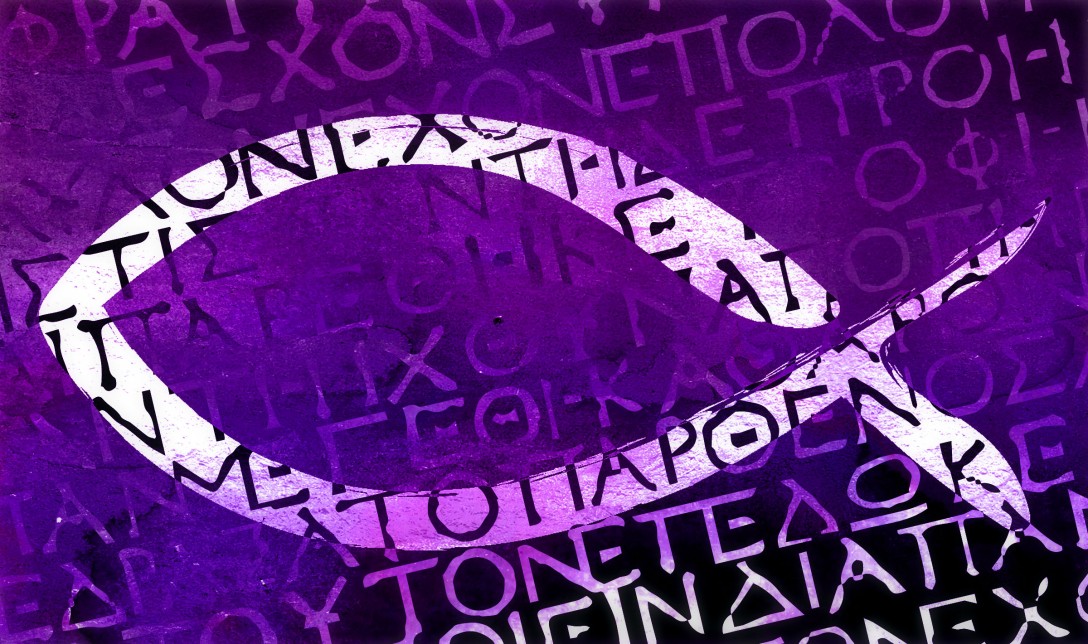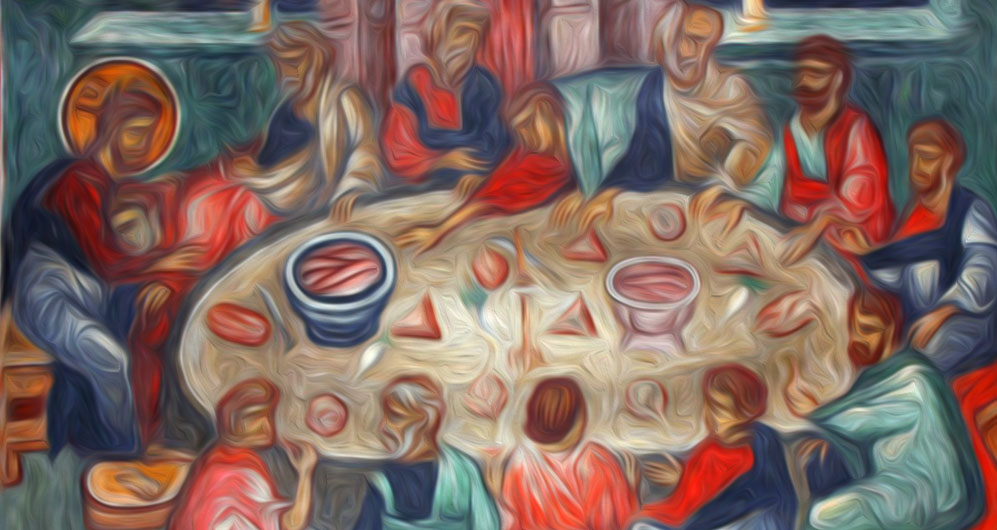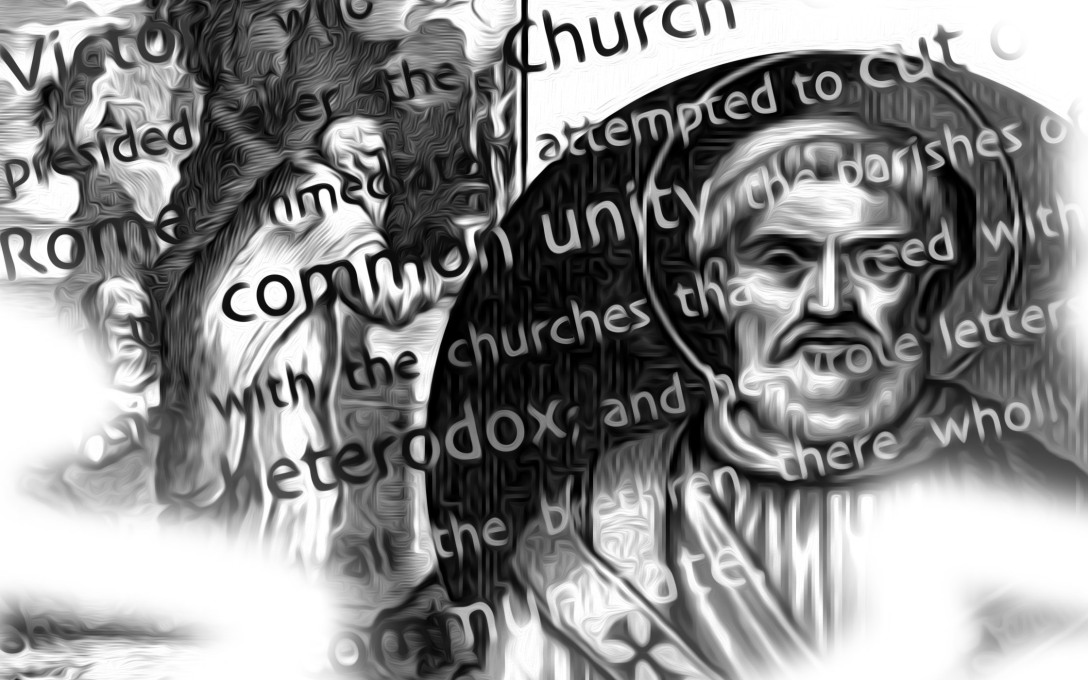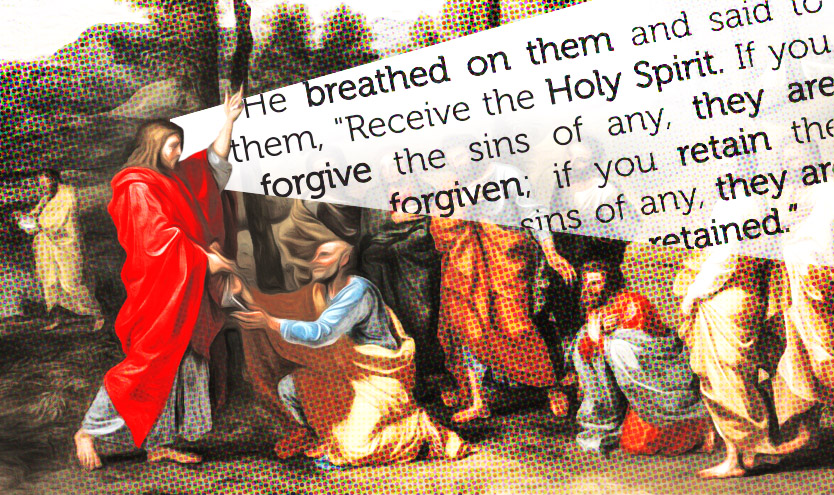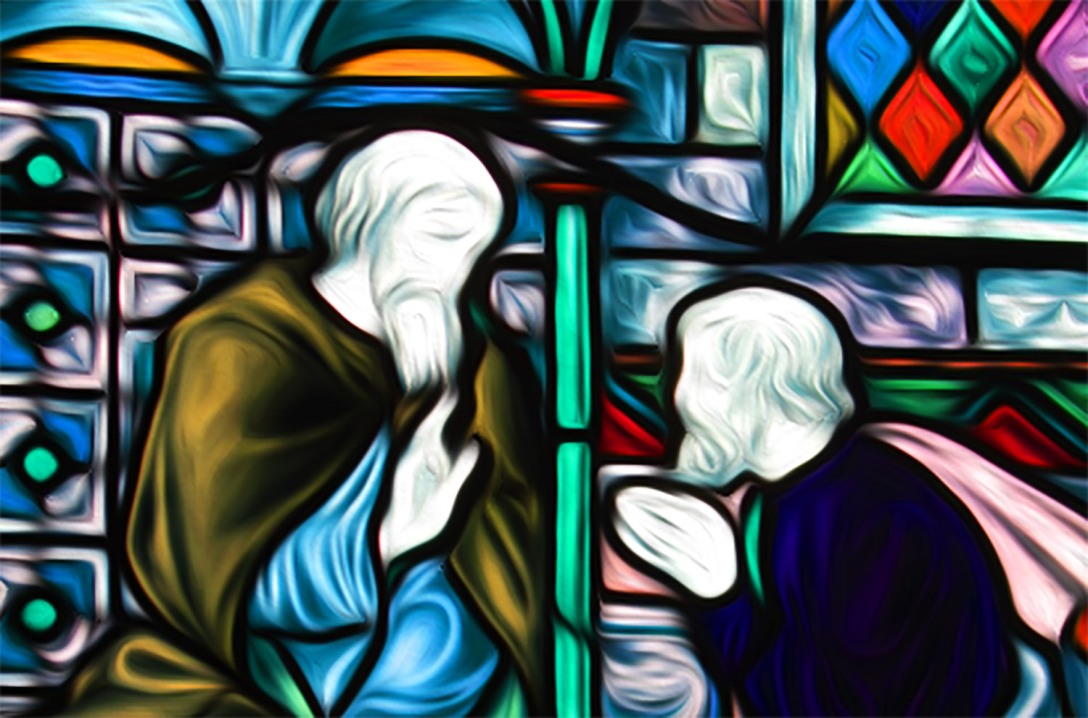*Translator ON* MR. ALIEN: “I left my planet in hopes to discover meaning. Back there, too many opinions swirl. Some say we’re an accident of the Universe. That everything is just random chance. Others say more powerful beings gifted our world with existence. I have entertained these and many more but without satisfaction.” If you… Continue reading Talking with an Alien about God
Aliens & Christianity
How Thomistic-Catholic ideas can help us reconcile the existence of intelligent extra-terrestrial life with the Christian Faith. THE USA GOVERNMENT recently released a report on UFOs. Though not much was said regarding alien life, there is at least the admission that the government takes so-called UFOs seriously: They are mysterious and may potentially pose a… Continue reading Aliens & Christianity
The New Covenant… is the Eucharist!
Christ instituted the Eucharist on the occasion of the Jewish feast of Passover. If there is an interpretive context for what Jesus was doing in the upper room with His Apostles, then it must surely include this. The holy day of Passover celebrates the event for which it is named, when God liberated the Israelites… Continue reading The New Covenant… is the Eucharist!
The Papacy of the 1st & 2nd Centuries
Jesus singled out Peter when he told him that he would be the “rock” upon which Christ would build His Church (Matt. 16:18). In the same passage, Jesus said he would give Peter the “keys of the kingdom,” recalling the Old Testament figure of royal steward who served under the Davidic king (Matt. 16:19; Isa.… Continue reading The Papacy of the 1st & 2nd Centuries
Irenaeus of Lyons reveals Catholic Faith of the 2nd Century
Irenaeus was a 2nd-century Christian from Asia Minor who was appointed bishop of Lyons in modern-day France. He knew Polycarp, who was a disciple of the Apostle John. He serves as a significant witness to the early Church's development, especially as it was consolidating itself against divergent groups. In his monumental Against Heresies, Irenaeus attempts… Continue reading Irenaeus of Lyons reveals Catholic Faith of the 2nd Century
2nd-century epitaph cryptically reveals Catholic Christianity
Cryptically reveals? Isn't that an oxymoron? In the second century, a Christian bishop named Abercius wrote his own epitaph in preparation for his death. In this inscription, the bishop expresses his faith--in conjunction with his pilgrimage from Asia Minor to Rome--in secret and symbolic language. This so-called "discipline of the secret" was a common practice… Continue reading 2nd-century epitaph cryptically reveals Catholic Christianity
3 Earliest Quotes about the Eucharist
Today is Holy Thursday, which commemorates when Jesus instituted the Eucharist at the Last Supper. But what is the significance of this rite? What follows are the three earliest references to this sacrament outside of the Bible. Two of them are dated to the New Testament period itself, and the third author had close connection… Continue reading 3 Earliest Quotes about the Eucharist
How an Easter controversy reveals the role of the Pope in the 2nd Century!
Today, not all Christians celebrate Easter on the same day. Because the old Julian calendar had become inaccurate, Pope Gregory XIII established a newer calendar in 1582. While inherited by Catholic countries and Western Christianity more generally, the Gregorian calendar was not adopted by the Eastern Orthodox (who had no reason to follow Rome after… Continue reading How an Easter controversy reveals the role of the Pope in the 2nd Century!
Confession in the New Testament
Lent is a time for self-examination and conversion. There is no better time, then, to avail oneself of the Sacrament of Confession. But in order to truly appreciate it, we must understand why the Church has this great gift, in the first place. We must recognize that Confession is a gift that the Church has… Continue reading Confession in the New Testament
Confession in the Early Church
The Sacrament of Confession has been expressed in various ways over the centuries. When Catholics say that Confession was instituted by Christ—as all the sacraments were—they ultimately mean that the “ministry of reconciliation” has been entrusted to the Church such that its leaders are empowered by Christ to forgive sin in His name. How this… Continue reading Confession in the Early Church


